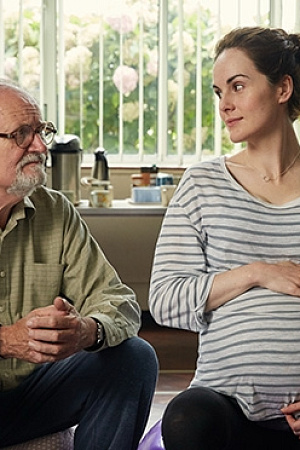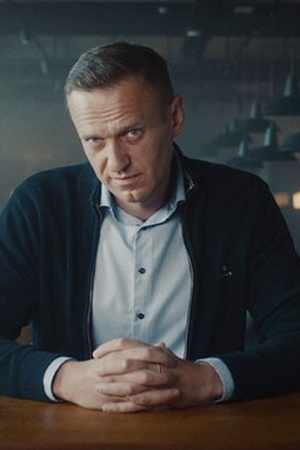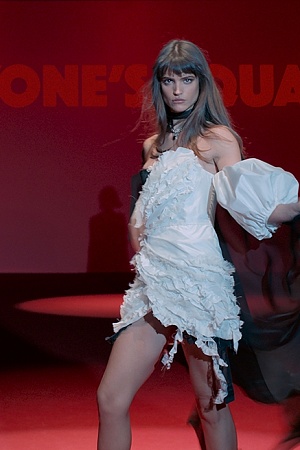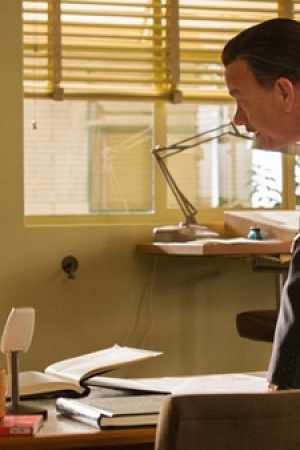The Mountain Bride – Vermiglio (★★★★1/2), The Boy with Pink Trousers (★★★1/2), and La Grazia (★★★★★)
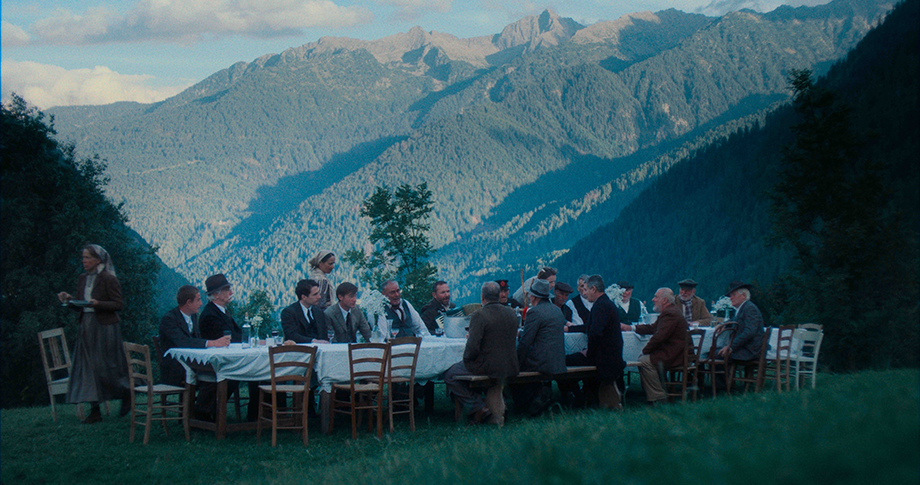
Maura Delpero’s The Mountain Bride – Vermiglio was the winner of the Silver Lion Grand Jury Prize at the 2024 Venice Film Festival. It is a film of austere beauty, as fragile as it is forceful. Set in the Trentino village of Vermiglio in 1944, it conjures a community perched on the edge – geographically at the border of Switzerland and Austria, historically at the close of World War II, and spiritually at the uneasy threshold between tradition and change.
Delpero, whose father was born in Vermiglio, creates a portrait that is at once intimate and choral. The teacher Cesare (a riveting Tommaso Ragno) presides over his large household, where daily rituals – prayers, lessons, chores – unfold with clockwork inevitability. His eldest daughter Lucia (Martina Scrinzi) is drawn into a tentative romance with Pietro (Giuseppe De Domenico), a Sicilian deserter sheltering in the village. Their marriage, fragile in its promise, sets off a sequence of tragedies that exposes both the resilience and the rigidity of a community already frayed by scarcity, prejudice, and the silent weight of unspoken rules.
Continue reading for only $10 per month. Subscribe and gain full access to Australian Book Review. Already a subscriber? Sign in. If you need assistance, feel free to contact us.





